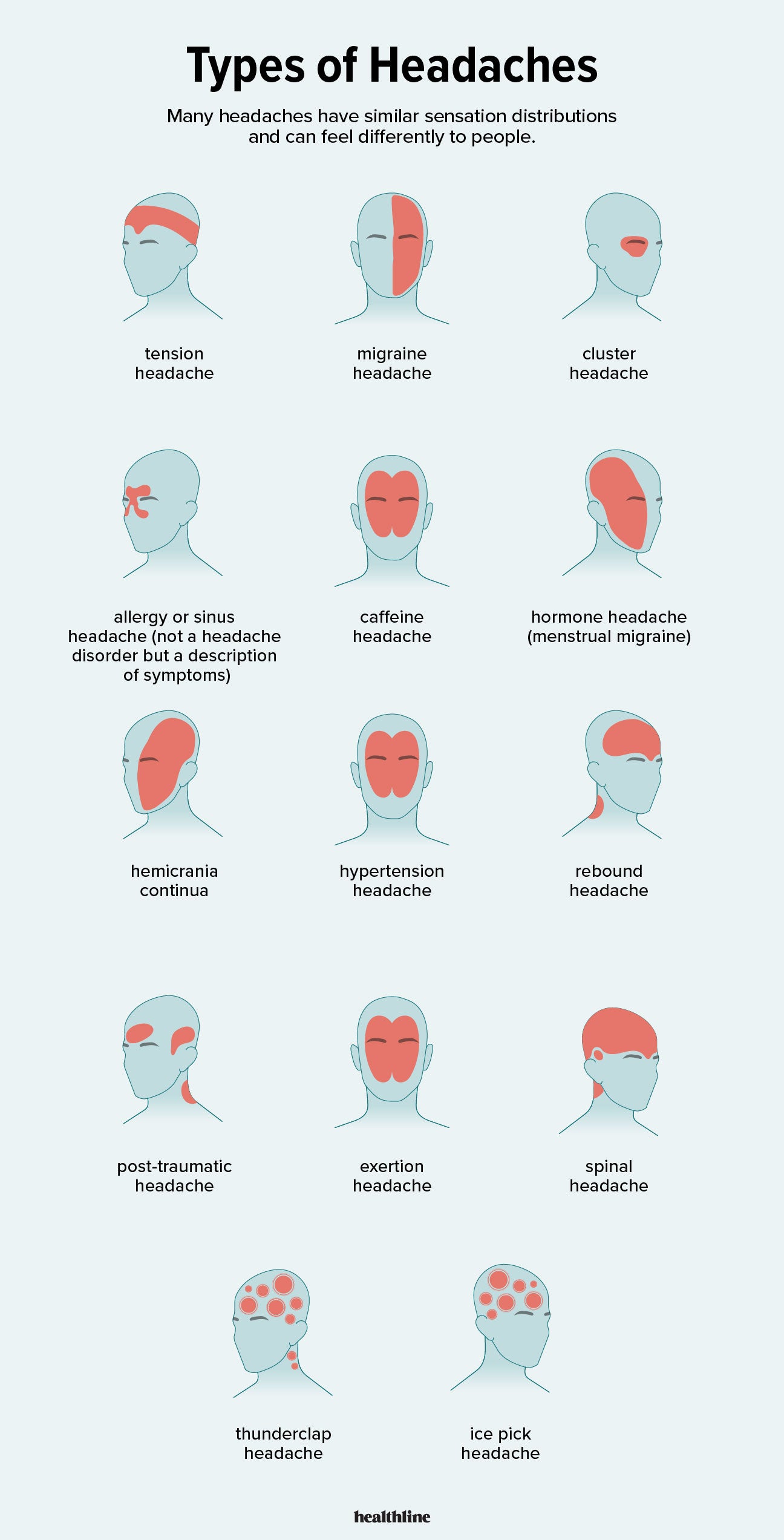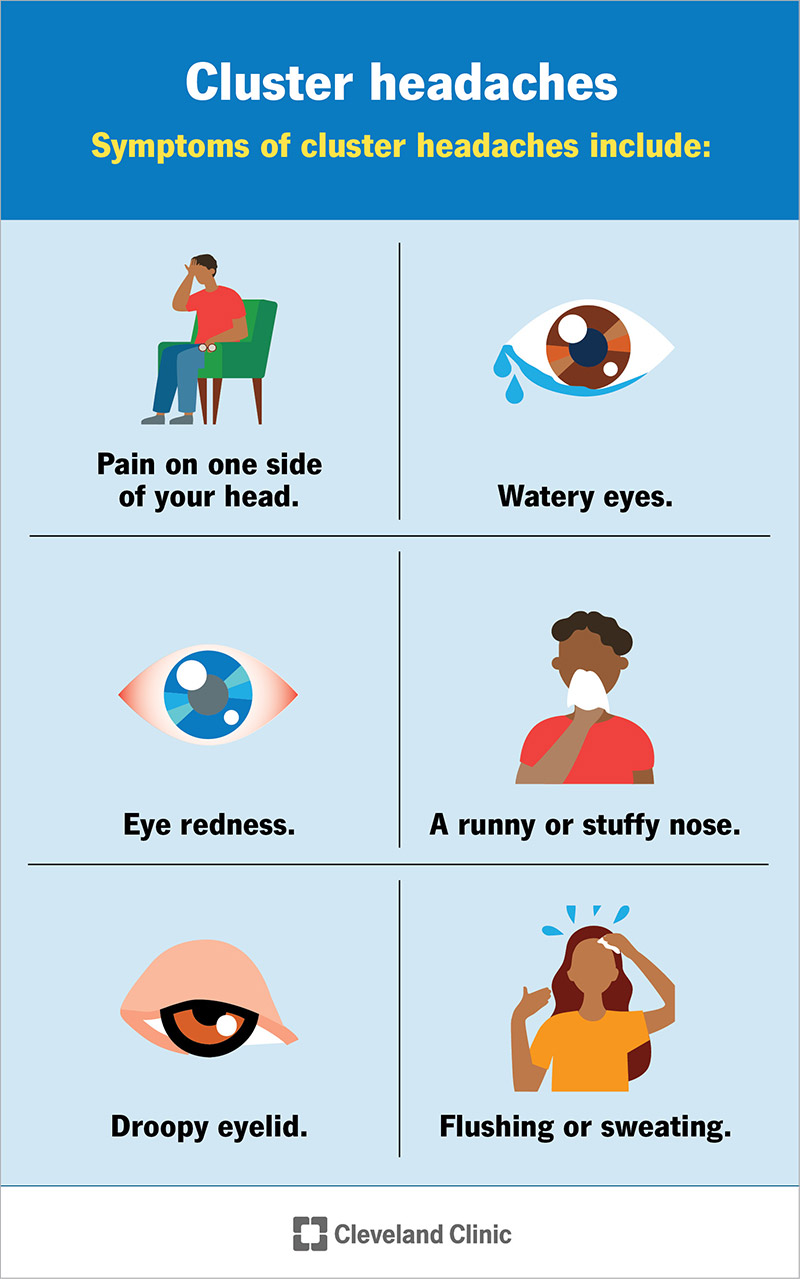Sinus headaches can be incredibly painful and disruptive. They are often mistaken for other types of headaches.
Sinus headaches occur due to inflammation in the sinus cavities. This inflammation can cause pain and pressure around your eyes, cheeks, and forehead. Many people experience these headaches during allergy seasons or when they have a cold. Understanding the symptoms and causes of sinus headaches is crucial for finding the right relief.
In this blog, we will explore the common symptoms, delve into potential causes, and discuss effective ways to alleviate the pain. By the end of this post, you will have a clearer understanding of how to manage and prevent sinus headaches, helping you lead a more comfortable life.
Sinus Headaches Basics
Sinus headaches can be a painful and frustrating experience. Understanding their basics helps in managing and preventing them. This section will cover what sinus headaches are and how they differ from other types of headaches.
What They Are
Sinus headaches occur when your sinuses become inflamed or blocked. This can cause pressure and pain in your forehead, cheeks, and around your eyes. Sinuses are air-filled spaces within the bones around your nose. When they are healthy, mucus drains from them easily. But if they become swollen or blocked, the buildup can lead to a headache.
Common symptoms of sinus headaches include:
- Pressure and pain in the forehead, cheeks, or around the eyes
- Stuffy or runny nose
- Throbbing pain that may worsen when bending forward
- Fatigue or feeling tired
How They Differ From Other Headaches
It's crucial to differentiate sinus headaches from other headaches such as migraines or tension headaches. Here are some key differences:
| Feature | Sinus Headaches | Migraines | Tension Headaches |
|---|---|---|---|
| Pain Location | Forehead, cheeks, eyes | One side of the head | Bilateral, around the head |
| Associated Symptoms | Stuffy/runny nose, facial pressure | Nausea, sensitivity to light and sound | Muscle tightness, scalp tenderness |
| Triggers | Allergies, infections | Hormonal changes, stress, certain foods | Stress, poor posture, lack of sleep |
Recognizing these differences can help you seek the right treatment. Sinus headaches often come with nasal symptoms and facial pressure, unlike migraines or tension headaches.

Credit: www.healthline.com
Common Symptoms
Sinus headaches can cause significant discomfort and disrupt daily life. Recognizing common symptoms helps in managing and treating this condition. Here are the most frequent signs of sinus headaches.
Pain And Pressure
Many people feel a constant pain in their forehead. The pain often gets worse when bending over. There is also pressure around the eyes and cheeks. This pressure can be intense and throbbing.
Facial Tenderness
Another sign is tenderness in the face. Touching the face might hurt. The cheeks, forehead, and around the eyes are often sensitive. This tenderness can make simple tasks like washing the face painful.
Nasal Congestion
Nasal congestion is a typical symptom. The nose feels blocked or stuffy. Breathing through the nose becomes difficult. Sometimes, there is a discharge from the nose. The discharge can be thick and yellowish.
Causes Of Sinus Headaches
Sinus headaches can disrupt daily life. Understanding their causes is essential. Knowing what triggers these headaches helps in finding effective relief. Various factors contribute to sinus headaches. These factors include infections, allergies, and environmental factors.
Infections
Sinus infections often lead to headaches. When the sinuses become inflamed, they swell and produce more mucus. This blocks the nasal passages, creating pressure and pain. Bacterial, viral, and fungal infections can all cause sinus issues. Treating the infection can help ease the headache.
Allergies
Allergies are a common cause of sinus headaches. Allergens like pollen, dust, and pet dander trigger allergic reactions. These reactions cause the sinuses to swell and produce mucus. This results in pressure and pain in the sinus areas. Managing allergies can reduce the frequency of sinus headaches.
Environmental Factors
Environmental factors also play a role. Dry air and pollution can irritate the sinuses. Sudden changes in weather, such as shifts in temperature or humidity, can also trigger sinus headaches. Keeping the air moist and clean can help prevent these headaches.
Diagnosis
Sinus headaches can cause significant discomfort and disrupt daily activities. Proper diagnosis is crucial for effective treatment and relief. This section discusses the steps involved in diagnosing sinus headaches.
Medical History
Doctors first inquire about your medical history. They ask about your symptoms, their duration, and any triggers. They also check for past sinus infections or allergies. This information helps in understanding the headache's cause.
Physical Examination
A physical examination follows. The doctor inspects your nose and sinuses. They look for signs of inflammation or congestion. Sometimes, they press on your sinuses to check for tenderness. This helps in identifying sinus-related issues.
Imaging Tests
If needed, imaging tests are conducted. Common tests include X-rays or CT scans. These provide detailed images of your sinuses. They help in detecting blockages or other issues. Imaging tests ensure accurate diagnosis and effective treatment.
Home Remedies
Dealing with sinus headaches can be tough. Fortunately, there are several effective home remedies that can provide relief. These simple methods can help reduce pain and pressure without the need for medication. Let's explore some of the best options.
Steam Inhalation
Inhaling steam can open your nasal passages. This helps clear out mucus and reduces headache symptoms. Follow these easy steps:
- Boil water and pour it into a large bowl.
- Place a towel over your head to trap the steam.
- Lean over the bowl and breathe deeply for 10 minutes.
Repeat this process 2-3 times a day for the best results.
Warm Compress
A warm compress can ease sinus pressure and alleviate headaches. Heat improves blood circulation and reduces pain. Try this method:
- Soak a clean cloth in warm water.
- Wring out the excess water.
- Place the cloth on your forehead and nose for 10-15 minutes.
Use this remedy several times a day to feel better.
Hydration
Staying well-hydrated is crucial for managing sinus headaches. Water helps thin mucus and keeps your sinuses moist. Aim to drink at least 8 glasses of water daily. Consider these tips:
- Drink herbal teas or warm broth.
- Avoid caffeinated and alcoholic beverages.
- Carry a water bottle to sip throughout the day.
Proper hydration supports your overall health and minimizes headache symptoms.
Medical Treatments
Sinus headaches can be debilitating, affecting daily life. Understanding medical treatments can provide much-needed relief. There are several options available, each targeting specific symptoms and causes. Let’s explore some of the most effective treatments.
Decongestants
Decongestants help reduce nasal congestion. They shrink swollen nasal passages, making breathing easier. This can provide quick relief for sinus headaches. Common decongestants include:
- Pseudoephedrine (Sudafed)
- Phenylephrine (Neo-Synephrine)
These medications come in various forms, such as pills, liquids, and nasal sprays. Always follow the dosage instructions carefully to avoid side effects.
Antibiotics
If a bacterial infection causes your sinus headache, antibiotics may be necessary. They help eliminate the infection, reducing inflammation and pain. Common antibiotics include:
- Amoxicillin
- Azithromycin (Z-Pack)
Your doctor will prescribe the appropriate antibiotic based on your condition. It's crucial to complete the full course of antibiotics to prevent recurrence.
Steroids
Steroids reduce severe inflammation in the sinuses. They are often used when other treatments fail. Common steroids include:
- Prednisone
- Methylprednisolone (Medrol)
Steroids can be taken orally or as nasal sprays. They should be used under medical supervision to avoid potential side effects.
Preventive Measures
Preventing sinus headaches can significantly improve your quality of life. Simple daily habits and lifestyle changes can make a big difference. Below are some effective preventive measures to consider.
Avoiding Triggers
Identifying and avoiding triggers is crucial. Common triggers include:
- Allergens like pollen, dust, and pet dander
- Strong smells such as perfumes and cleaning products
- Cold and dry air
- Smoke and pollution
Keep your living space clean and free from allergens. Use air purifiers to reduce airborne irritants. Also, avoid smoking and secondhand smoke.
Using Humidifiers
Dry air can irritate your sinuses and cause headaches. Using a humidifier adds moisture to the air, which helps in:
- Keeping nasal passages moist
- Reducing sinus congestion
- Preventing sinus infections
Ensure the humidifier is clean to avoid mold and bacteria buildup. Place the humidifier in your bedroom for best results.
Regular Check-ups
Regular check-ups with your doctor can help in early detection of sinus issues. This can prevent them from becoming severe and causing headaches. During check-ups, discuss any symptoms you experience. Your doctor may recommend:
- Medications to control allergies
- Techniques for better sinus care
- Potential treatments for chronic sinusitis
Regular visits can keep your sinuses healthy and reduce the frequency of headaches.
When To See A Doctor
Sinus headaches can disrupt daily life. Usually, they go away with rest and home remedies. But some symptoms need medical attention. Knowing when to see a doctor helps prevent complications.
Persistent Symptoms
Some symptoms last longer than usual. If you have a headache for more than ten days, see a doctor. Also, if nasal congestion, facial pain, or fever persists, get checked. Persistent symptoms may indicate a serious problem.
Severe Pain
Headache pain can be intense. If you feel severe pain, it's time to see a doctor. Extreme discomfort in the face, head, or around the eyes needs attention. Severe pain could signal a bigger issue.
Complications
Sinus headaches sometimes lead to complications. Watch for swelling around the eyes or a stiff neck. These can be signs of a serious infection. If you notice these symptoms, visit a doctor immediately.
Also, if you have trouble breathing or changes in vision, seek help. These complications require prompt medical care.

Credit: my.clevelandclinic.org
Frequently Asked Questions
What Are Common Sinus Headache Symptoms?
Sinus headache symptoms include facial pain, pressure, nasal congestion, and a runny nose. You might also experience fatigue and a reduced sense of smell. These symptoms often accompany sinus infections or allergies.
What Causes Sinus Headaches?
Sinus headaches are caused by inflammation and congestion in the sinuses. This inflammation can result from infections, allergies, or environmental irritants. Blocked sinuses increase pressure, leading to headaches.
How Can I Relieve A Sinus Headache?
To relieve a sinus headache, use over-the-counter pain relievers and decongestants. Staying hydrated and using a humidifier can also help. Saline nasal sprays and warm compresses can ease congestion and alleviate pain.
Are Sinus Headaches And Migraines Different?
Yes, sinus headaches and migraines are different. Sinus headaches result from sinus inflammation, while migraines are a neurological condition. Migraines often include nausea, light sensitivity, and throbbing pain, unlike sinus headaches.
Conclusion
Relief from sinus headaches is possible with the right approach. Recognize the symptoms early. Understand the causes to prevent them. Simple treatments can provide quick relief. Consider natural remedies and lifestyle changes. Consult a healthcare professional for persistent issues. Proper care can lead to a headache-free life.
Stay informed and proactive about your health. Remember, small steps make a big difference. Take control of your sinus headaches today.






